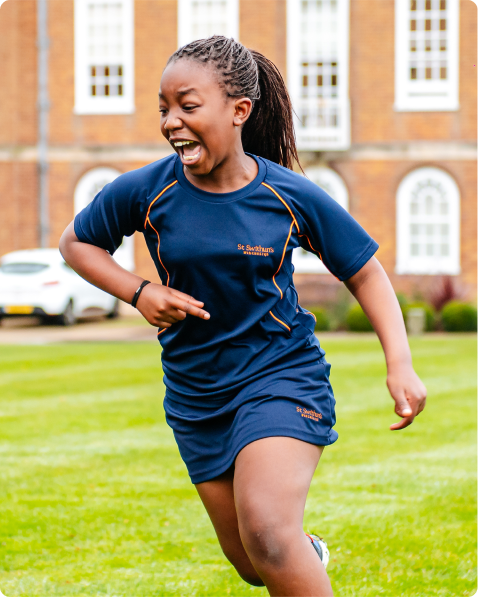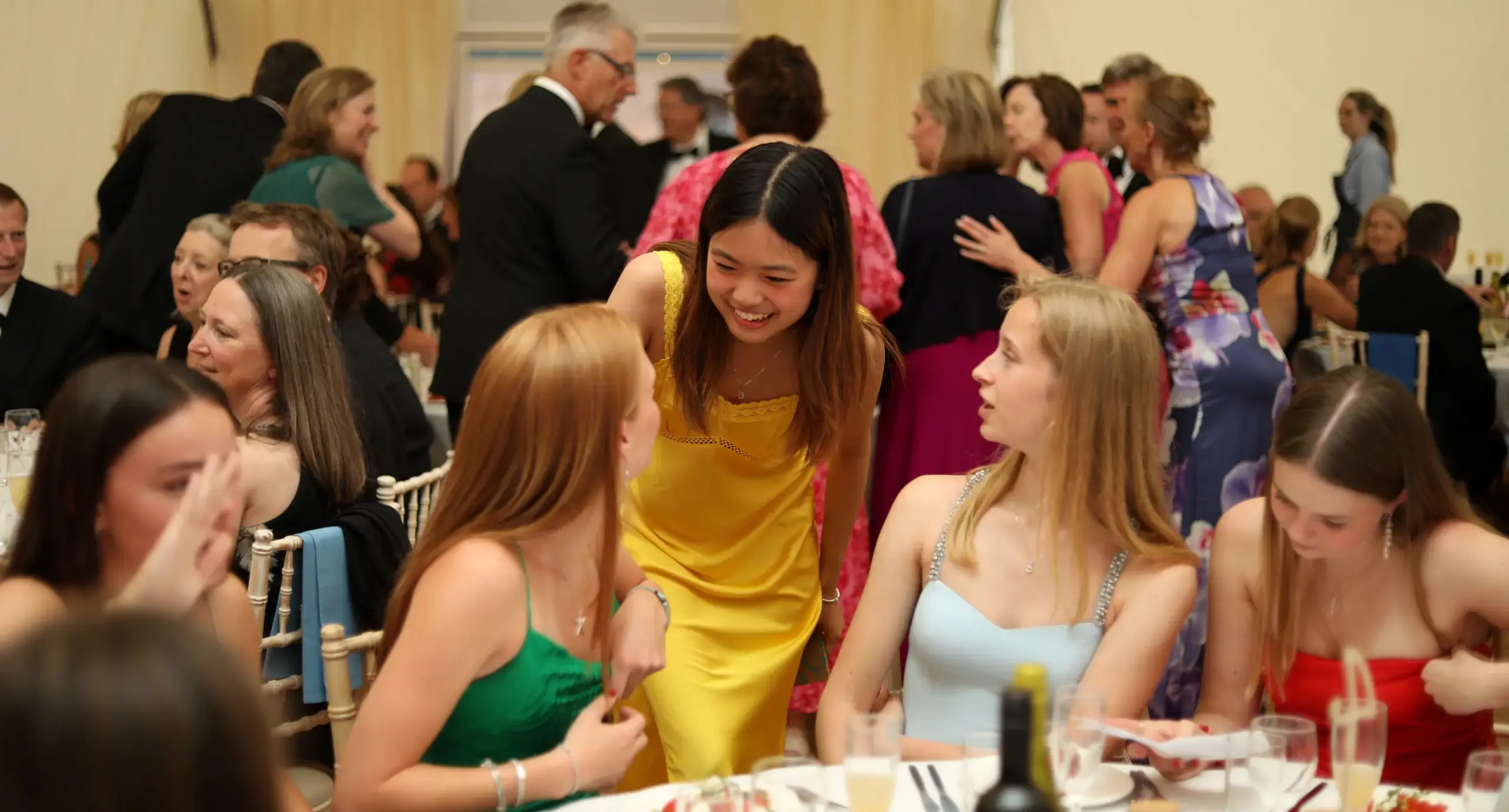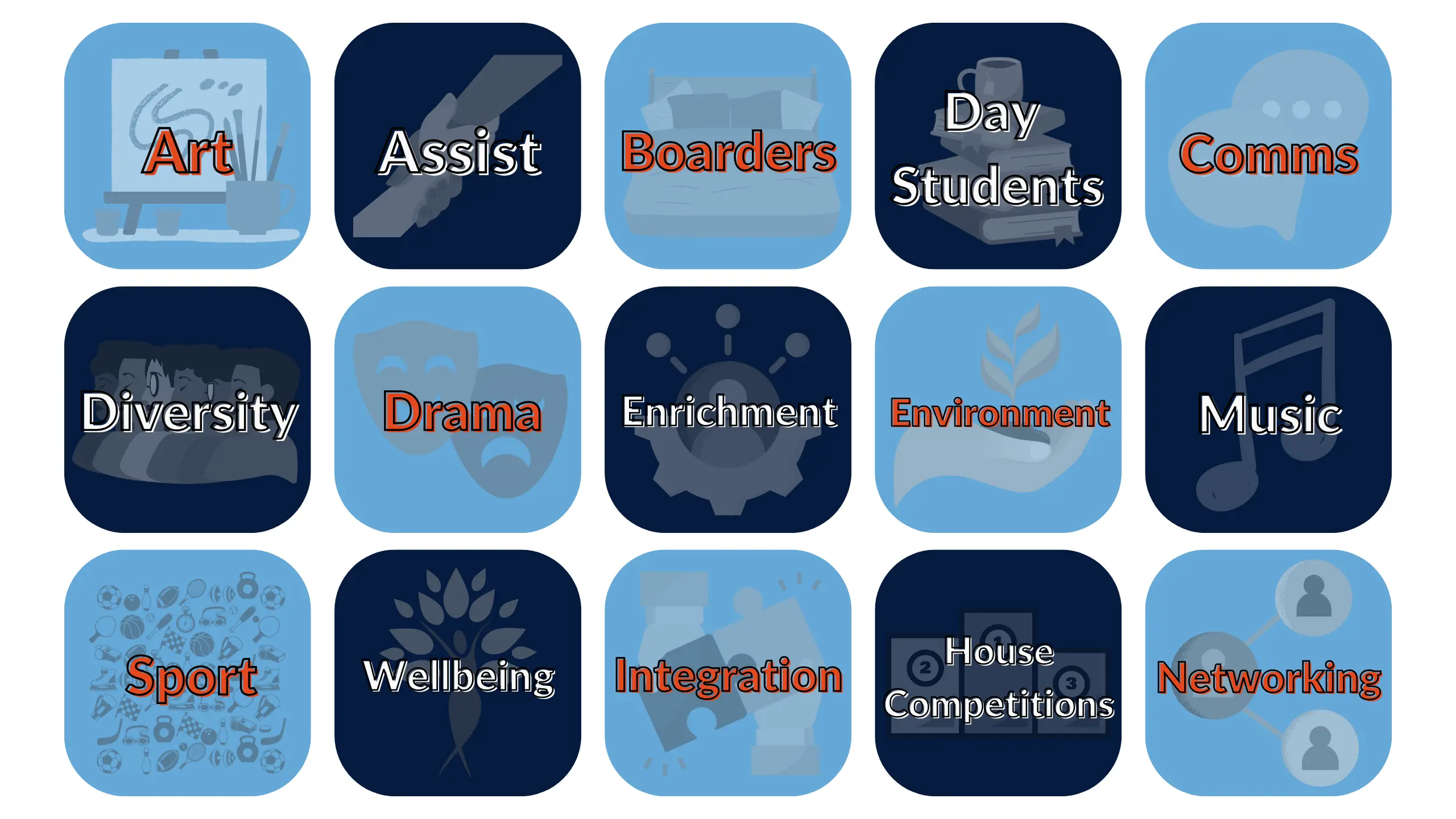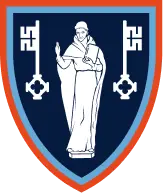 |
Sixth-form is a crucial time for any student: a bridge between school and the rest of their lives. For many, it will be the best part of their school experience. |
Sixth-form is a crucial time for any student: a bridge between school and the rest of their lives. For many, it will be the best part of their school experience. At St Swithun’s our sixth-form students enjoy greater independence, coupled with the opportunities and support they need to make informed choices that will help them to forge their own unique path. Our students find themselves able to embark on their own journey free from the impediment of certain social pressures and expectations.
In the lower sixth (year 12) students manage their own study periods choosing whether to work in the library, or the lower sixth study, or relax in the year 12 Common Room, more frequently known as the ‘Comm’. Students can also opt to have music lessons, C+P lessons, EAL or learning support lessons, language conversation lessons, driving lessons or tennis coaching in these study periods. They may also book individual appointments with subject teachers, form tutors, the student guidance department or with the school’s clinical psychologist. The girls decide how to use their study periods provided they complete their homework to a good standard.
A Typical Sixth Form Day
| Registration | 08:15 |
| Assembly | 08:25 |
| Maths | 08:45 |
| Psychology | 09:45 |
| Break | 10:45 |
| Independent Study Period | 11:05 |
| History | 12:05 |
| Academic lunch with a visiting speaker | 13:05 |
| Registration | 14:10 |
| Chemistry | 14:20 |
| Sport | 15:20 |
| Debating Society | 16:20 |
| Dinner | 18:00 |
| Homework | 19:00 |
| Free Time | 21:00 |
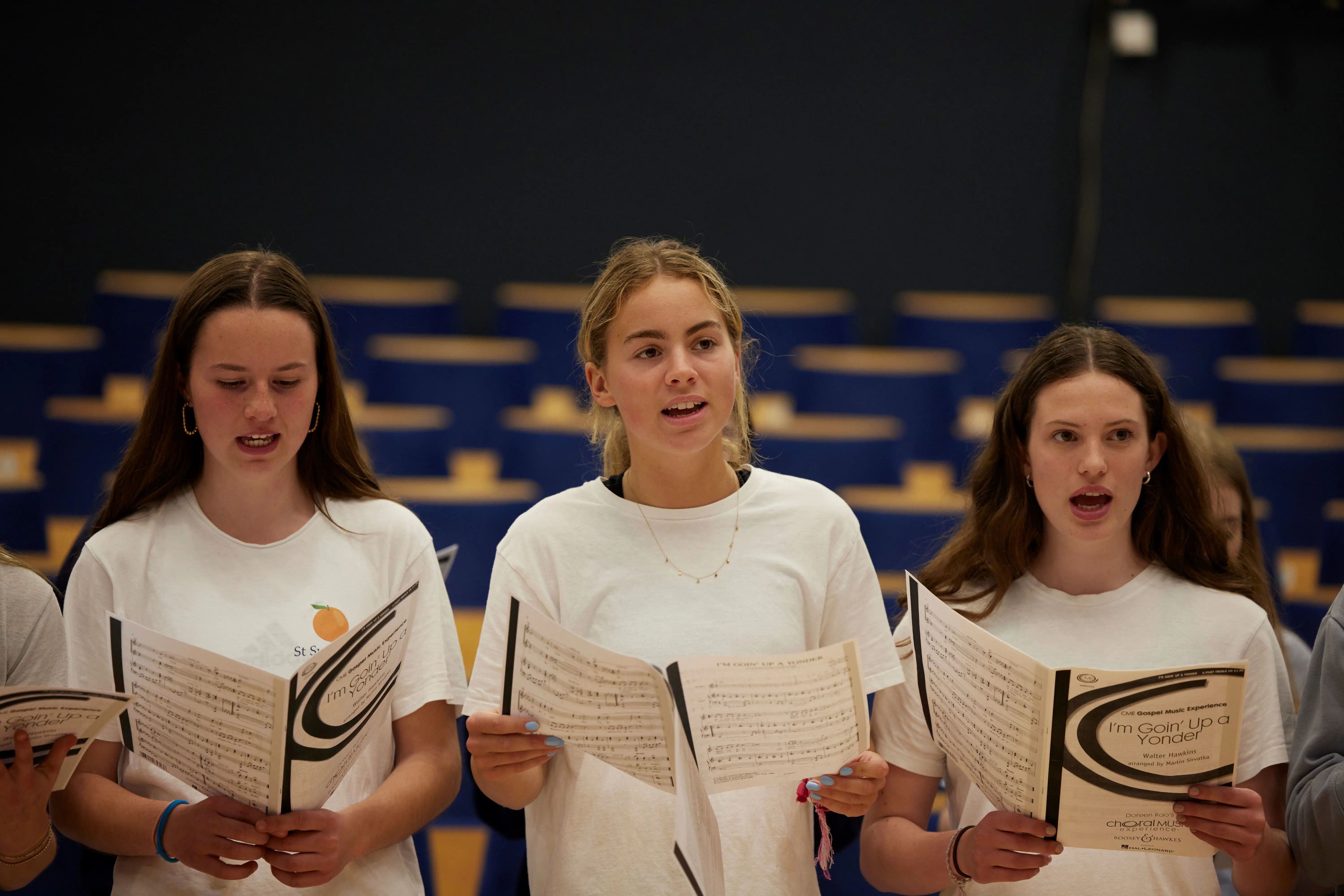
In the year 12, both day girls and boarders remain in the same houses as in year 11. As the most senior members of their House, students have the opportunity to take on leadership roles and mentor younger students.
In the Upper Sixth (year 13) all students, both day girls and boarders, come together in Finlay. The girls are free to go back to Finlay to study or relax when they do not have lessons. The day girls share study spaces, and the boarders can work in their rooms, but all U6 have access to the Jill Isaac Study Centre, a dedicated study space exclusive for the U6. In addition, the U6 can use the library, which Finlay has direct access to, until 10.30pm.
Sharing Finlay with around 70 other young women gives further opportunities to practise getting on with a range of other people and to practise looking after yourself. There are increased freedoms in terms of preparing meals, going into town, managing study time, and taking responsibility for the running of the boarding house.
While most of our students are from the UK, the mix of nationalities and backgrounds is a real advantage for all, providing a wide spectrum of experiences, ideas and interests. Gaining the confidence to interact with a range of peers is extremely valuable as the girls prepare for life in an increasingly international and diverse society. Social events and co-educational academic partnerships with other schools give further opportunities for developing links and forging new friendships.
Our sixth formers feel part of a wider community, invested in improving their school, and learning through their leadership roles.
Co-educational collaborations
While we are proudly an all-girls school, our sixth form programme is designed to offer a rich array of co-educational opportunities that encourage interaction, collaboration, and friendship with students from other schools.
We maintain a relationship with Winchester College, enabling our sixth form students to engage in a variety of joint events and initiatives throughout the year. These might include:
- Galas, dinners and balls: evenings that offer students the chance to socialise with boys and make new friends.
- Academic collaborations: Joint lectures, debates, and enrichment activities that promote intellectual exchange and shared learning.
LEADERSHIP OPPORTUNITIES
Girls in the sixth form act as role models for the rest of the school. Many choose to lead and run assemblies or societies taking responsibility for their own ideas and seeing them through. There are also a number of societies run by sixth-formers or where sixth-formers can become involved in encouraging and inspiring younger girls. Within all houses, both day and boarding, members of the sixth form are given responsibilities, and house staff try to involve them as much as possible in the day-to-day running of the house.
As highlighted in our 6 Pillars of Sixth Form, our students use the autonomy they have to achieve widely and continue developing. In addition, all our sixth-form students are members of one of 15 school officer team, responsible for improving our school community through projects and working with younger students. Towards the end of the L6 year, students are invited to make applications to be the leader of these teams as well as applying to be the head girl, or one of her deputies.
Register your interest
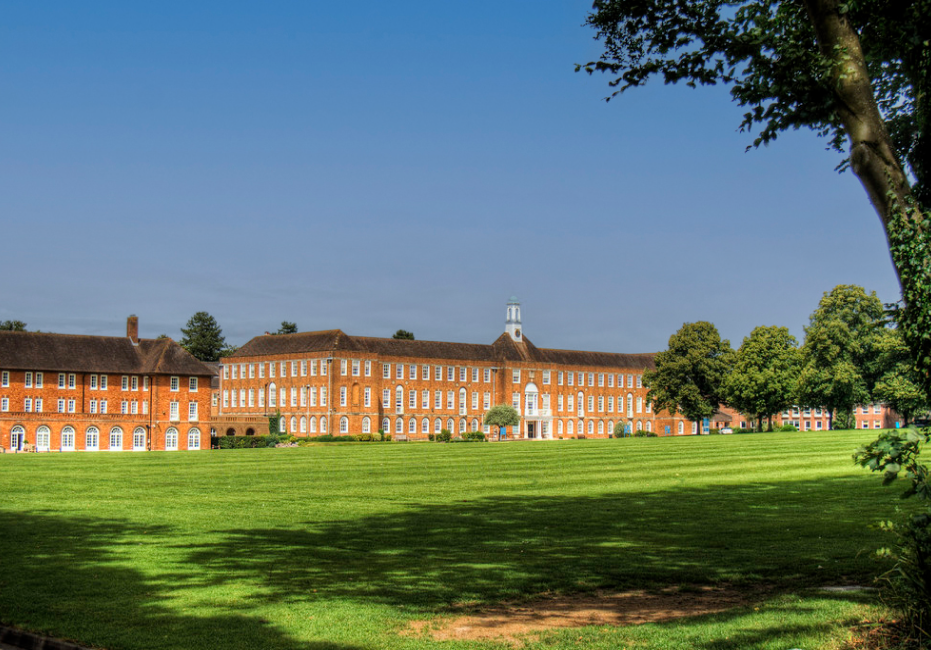
Admissions
Our friendly admissions team is here to guide you through each step from your initial enquiry to final enrollment. For more information on the admissions pathway visit our admissions page.
